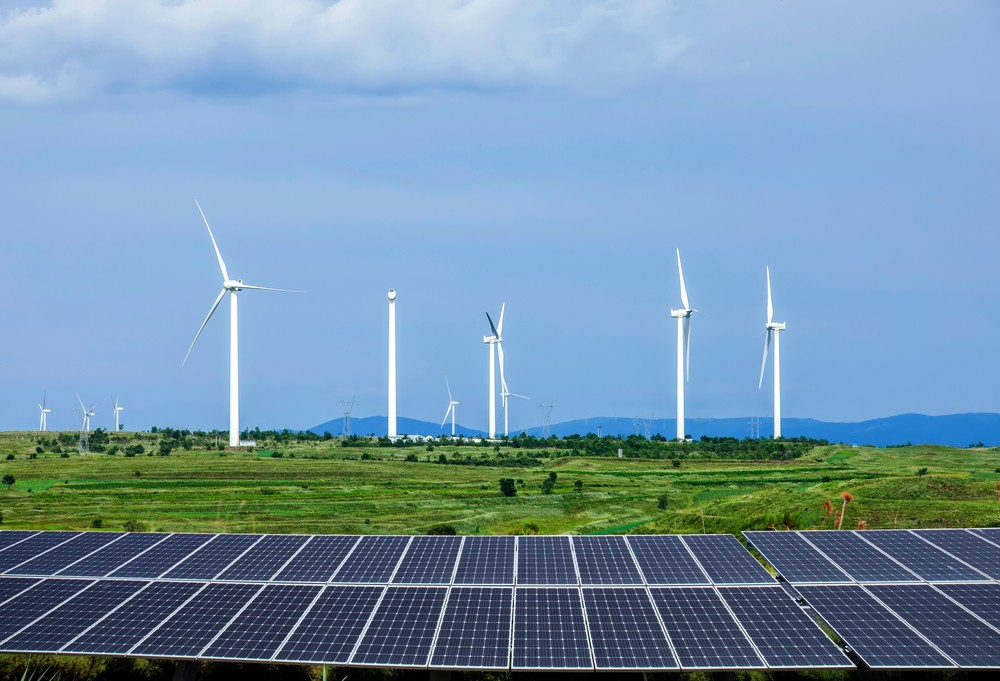Over half (55%) of asset-intensive companies across Europe believe that technology will be required for their organisation to meet its sustainability goals, making it the top requirement for these businesses overall. Other needs identified include ‘tax incentives’ (45%), and ‘change in policy/laws’ (25%).
These were among the key findings of a new, independent study commissioned by AspenTech, which polled the opinions of C-Suite executives working for asset-intensive businesses across the UK, Germany, France, Spain, Netherlands and Italy.
This survey indicates that while asset-intensive businesses across Europe are looking to national or regional governments to support the drive to sustainability, it is ultimately technology that will help businesses achieve their sustainability targets. From predictive maintenance tools to digital twins, digital technology will be key in helping businesses overcome the challenges they face to meet sustainability goals, to cut emissions and to reduce waste.
When asked to identify the main barriers to their organisation meeting its sustainability targets over the next five years, 32% stated: ‘Complex existing processes are difficult to modify to make more sustainable’ and 29% referenced ‘use of legacy equipment preventing rapid change’.
There is a perceived need to cut through the complexity with innovative software that delivers streamlined operational processes and drives efficiencies. The survey indicates that the latest advanced technology will also be crucial in enabling businesses to balance the need for sustainability with the rising pressure for resources – the so-called ‘dual challenge.’
Over half (55%) of executives questioned said their organisation was currently investing more in digitalisation to meet the rising pressure for both resources and sustainability, while 41% said they were investing more in automation. Yet as this investment plays out, there may need to be a change of focus from asset-intensive businesses. 50% rank renewable power among their organisation’s top two investment priorities in terms of sustainability over the next five years, with 44% citing energy efficiency.
While a shift to renewables and an associated increase in electrification is an important transition asset-intensive organisations should never neglect the importance of investing now in innovative carbon capture, utilisation and storage (CCUS) technologies and digital solutions to hasten the arrival of the hydrogen economy. Moving forwards, these will be key in helping them meet sustainability targets and also driving operational excellence.




